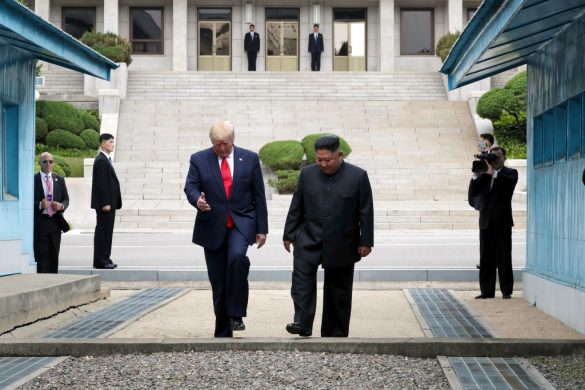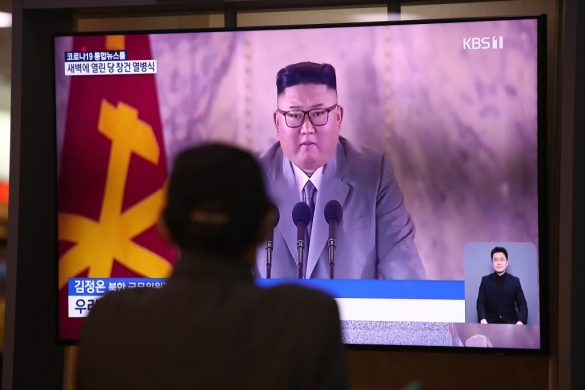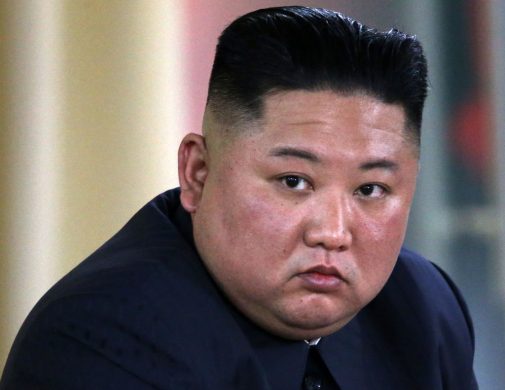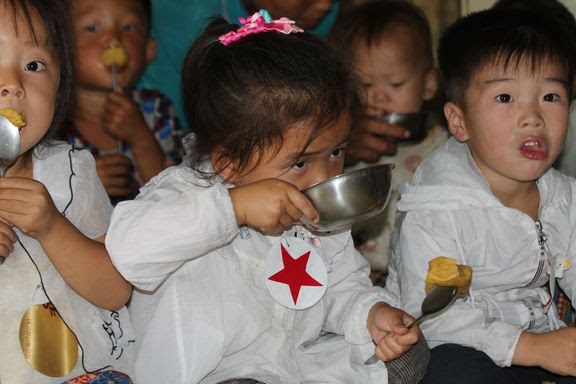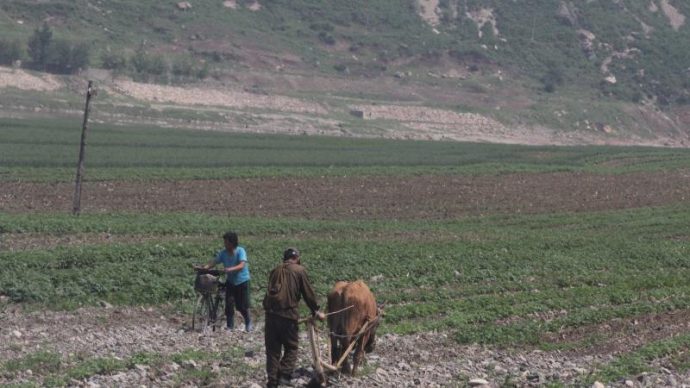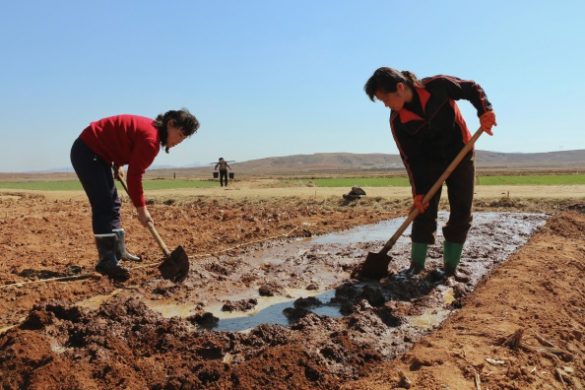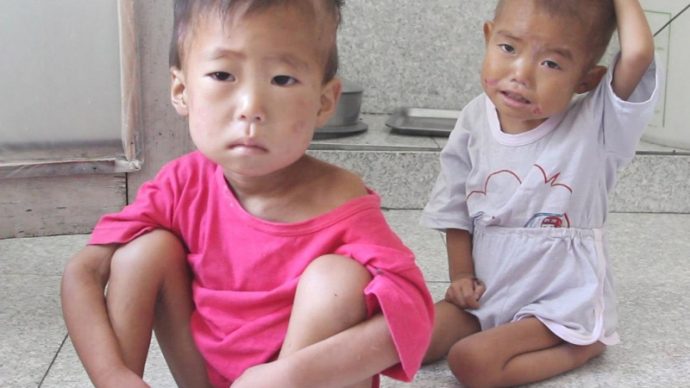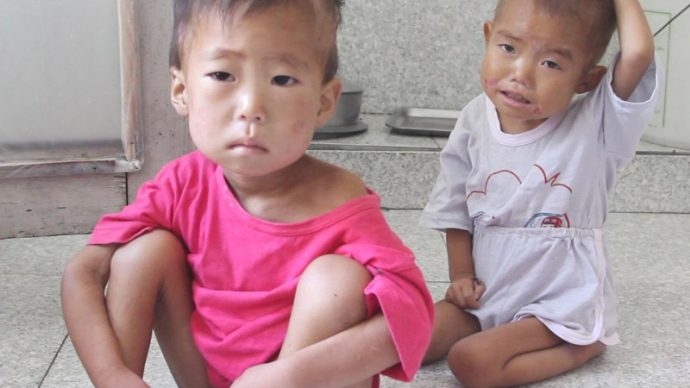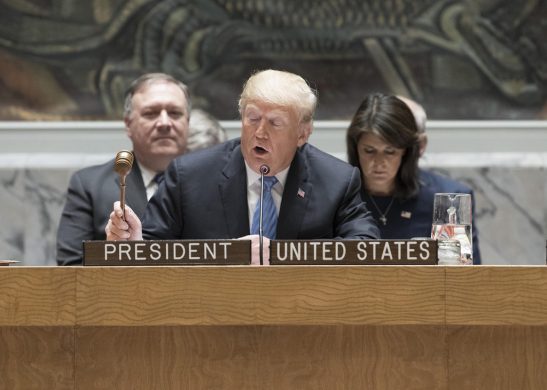BANGKOK: Children are already suffering as a result of drought in some parts of DPR Korea and many more may be at serious risk of malnutrition and disease if it continues, UNICEF warned.
UNICEF personnel have recently met with local health officials in affected provinces who confirm reports of significant increases in diarrhoea among children, as the absence of rain threatens access to safe water and sanitation.
Rainfall figures and information from humanitarian agencies and the Government indicate that parts of DPR Korea are already facing serious drought.
“Lack of rain reduces access to clean water and undermines effective hygiene, putting children’s lives at risk,” said UNICEF Regional Director Daniel Toole.
“UNICEF has already received reports that the incidence of diarrhoea – globally a leading cause of death among young children – has increased seriously in the first six months of 2015 in the drought-affected provinces.”
Big increases in childhood diarrhoea
Data UNICEF has received shows that three provinces, North Hwanghae, South Hamgyong and South Hwanghae, are most affected by the decline in rainfall.
Current information on the incidence of childhood diarrhoea in those provinces in the first six months of 2015 shows:
- A 71 per cent increase in North Hwanghae province;
- A 34 per cent increase in South Hamgyong province; and
- A 140 per cent increase in South Hwanghae province.
UNICEF’s concern about the impact of the drought is heightened by the existing poor nutritional status of many children in DPR Korea.
A 2012 study showed one-quarter of all children in DPR Korea had symptoms of chronic malnutrition – a condition that is usually caused by a combination of unsafe water and poor sanitation, inadequate food intake, and inadequate access to health services.
These children are particularly vulnerable, because children who are malnourished have less resilience to water-borne illness and disease.
Action urgently needed
UNICEF has released prepositioned emergency supplies to help those in the worst-affected provinces, including water purification tablets, water storage containers and health supplies for children with severe acute malnutrition.
Training on how to treat children with severe acute malnutrition has also been stepped up.
It will take time to ensure life-saving water, hygiene, medical supplies, and the expertise to use them, are available at the levels required should the drought continue.
The country’s isolation and the lack of funding for programmes to help children in DPR Korea add to the need for rapid action.
Several of the drought-affected provinces are key sources of DPR Korea staple food crops. If the main harvest fails in those provinces food may become scarce across the country. This could dramatically increase the numbers of children at serious risk.
“The situation is urgent. But if we act now – by providing urgently needed expertise and prepositioning supplies – we can save lives,” Mr. Toole explained.
“If we delay until we are certain of crop failures, it may well be too late to save the most vulnerable children.”



